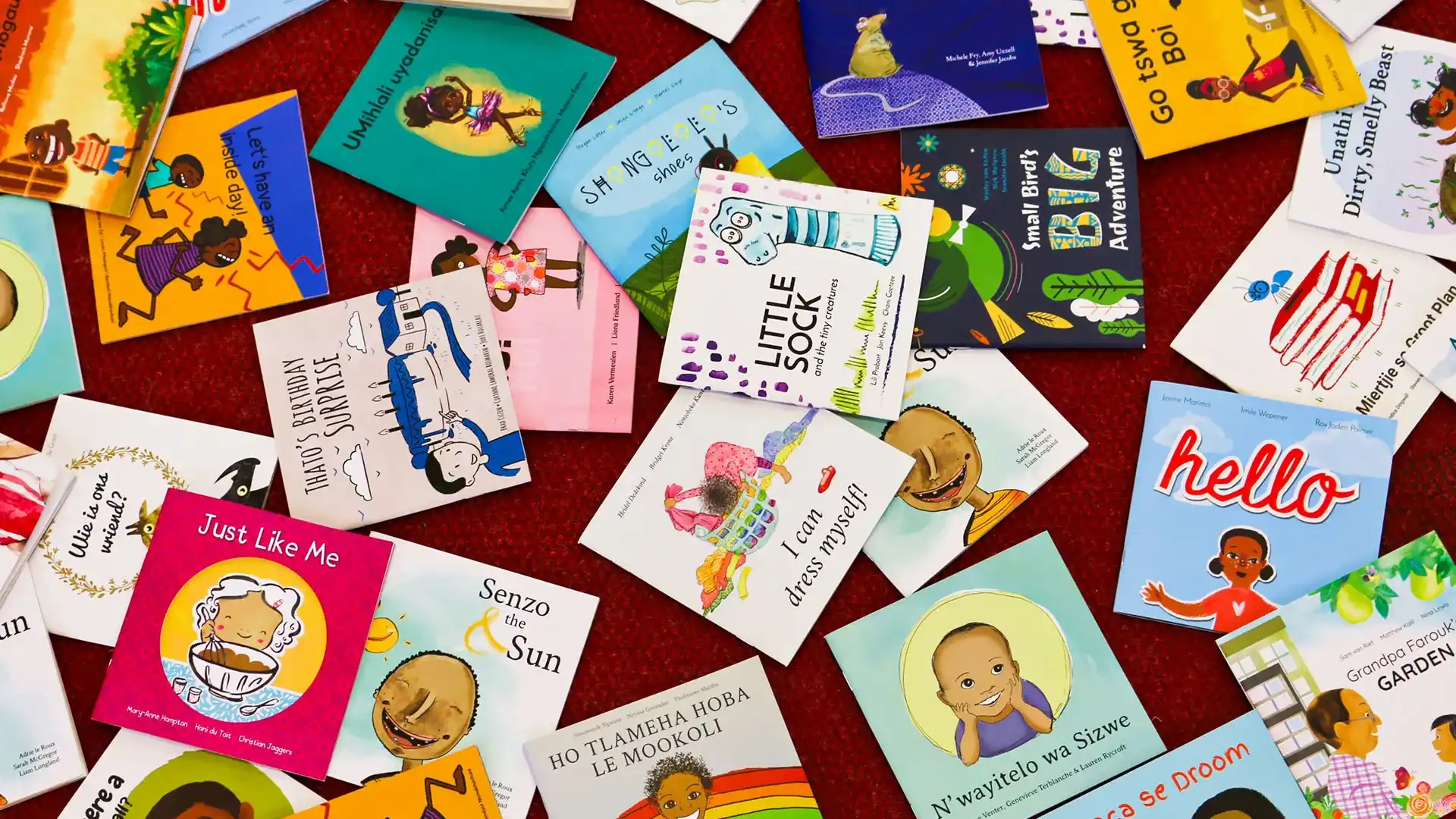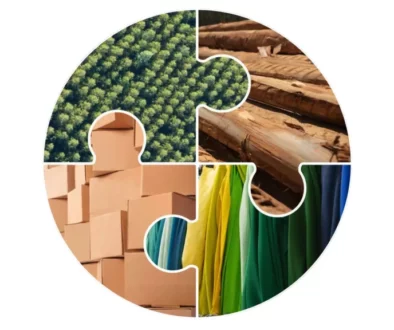Survey Find That 41% of South Africans own fewer than 10 books.
Acclaimed author Stephen King once said that “books are a uniquely portable form of magic”, yet for millions of South Africans, that magic is inaccessible.
A recent survey by the Paper Manufacturers Association of South Africa (PAMSA) found that 41% of the respondents own ten books or fewer.
Some 80% of those who completed the PAMSA survey admitted that they own 50 books or less, with only 8.6% reporting that they own more than 100.
“It is a disturbing statistic,” says Jane Molony, executive director of PAMSA. “However, owning books should not be the sole measure of our literacy culture. We need to improve access to books in all forms: books in libraries and similar facilities, and books in a diversity of languages for South Africans. Picture books for little hands and developing brains also hold tremendous power, and ideally the books should be paper based.”
The same study also revealed when reading for leisure, 32% preferred paper books to electronic versions.
“Reading itself takes us to new places; books – especially in paper format – have the power to immerse us in the story,” adds Molony, also a former chair of the now defunct South African Book Development Council.
Molony says, “Countless research studies have shown that paper-based materials promote reading comprehension, information retention and learning and that print-based texts are superior to digital texts in facilitating learning strategies. Therefore, owning or sharing books, and fostering a culture of reading, is crucial.”
Paper is also a renewable material, storing carbon as a harvested wood product, and can be easily recycled, shared, or passed along.
Access to books
Julia Norrish, executive director, Book Dash, adds, “The results of the PAMSA survey offer valuable insights into access to books and reading preferences. Some statistics are encouraging: many people find print materials valuable in their daily life and in how they prefer to consume information. Unfortunately, this doesn’t always correlate to how many people own and access books.”
Book Dash gathers skilled volunteers to create and inject an abundance of relevant African picture books to children and their families so that we can all reap the benefits of a more literate society and growing economy.
“Books are a very special kind of paper and the process to create and distribute great books takes skills, time, and money which in turn makes them unaffordable for most families. Getting many books to children when they’re very young can increase a child’s chances of success for good.”
“A society that reads tackles problems of unemployment, poverty, and inequality better than a society that does not read. Reading is even more important for our educators to ensure that they serve as role models who instil the culture of reading in their learners,” wrote Professor Tshilidzi Marwala, outgoing vice-chancellor and principal of the University of Johannesburg, in an article covering 10 principles and we can reform and fix our education system.
Language and Literacy Barriers
According to the 2016 Progress in International Reading Literacy Study (PIRLS), just under 80% of Grade 4 learners are unable to read for meaning across all languages in South Africa.
The rates of reading for leisure are down for both children and adults. Only 2% of children’s books published commercially in South Africa are in local African languages. In a country where eight out of ten people speak a home language that is not English or Afrikaans, creating relatable stories in indigenous languages is critical if we hope to improve childhood literacy and inspire a love for reading in future generations.
“Books and access to them are crucial for early childhood development. Physical books in particular, are a critical way to help children develop their language and comprehension skills. Without them we could face a bleak future where our literacy rates are concerned,” concludes Molony.
So, it is with children who learn to read fluently and well: they begin to take flight into whole new worlds as
effortlessly as young birds take to the sky.
William James
Turning the pages of a paper book is like leaving one footprint after another on the trail – there’s a rhythm to it and
a visible record of how far one has travelled.
‘The Reading Brain in the Digital Age: The Science of Paper versus Screens’, Scientific American
When we read, we can travel many places, meet many people, and understand the world. We can also learn how to deal with
problems we are having by learning from the lessons of the past.
Nelson Mandela




